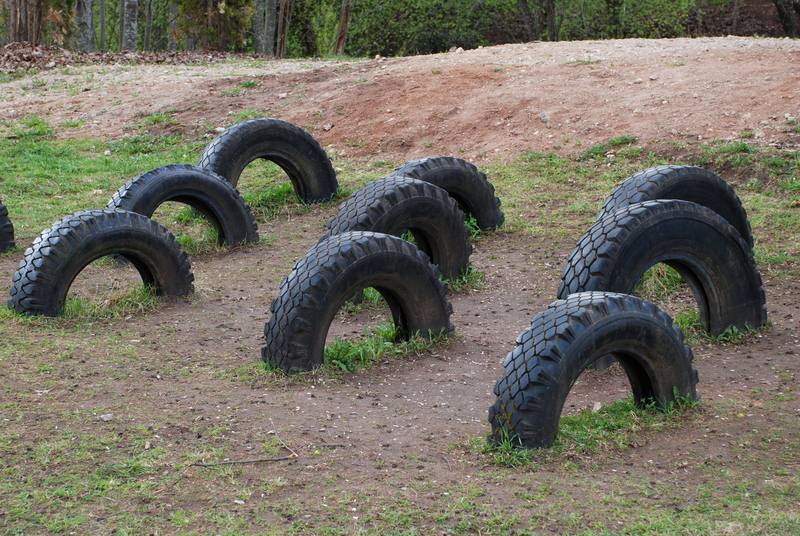Typical Recycling Errors
Posted on 19/08/2025
Recycling is a critical component in our effort to combat climate change and preserve natural resources. However, despite good intentions, many people unknowingly make mistakes that can hinder the recycling process. Understanding and avoiding these errors can make your recycling efforts more effective. In this article, we'll discuss typical recycling errors, tips to avoid them, and the pros and cons of recycling.
Not Rinsing Containers
One of the most common mistakes is not rinsing food and beverage containers before putting them in the recycling bin. When containers are not clean, they can contaminate other recyclables, making them unusable. To avoid this error, make sure to rinse out any residual food or liquid from containers.

Recycling Plastic Bags and Films
Many people mistakenly believe that all plastic films and bags can be thrown into the general recycling bin. The truth is that most curbside programs do not accept these items because they can clog the sorting machines. Instead, take your plastic bags and films to specific collection points often found at grocery stores.
Misplacing Small Items
Items smaller than a Post-it note, such as bottle caps, shredded paper, and small bits of foil, often slip through the cracks at recycling facilities. These items should be bagged up together, placed inside larger recyclables, or disposed of properly in the trash if recycling isn't an option.
Ignoring the Numbers on Plastics
Not all plastics are created equal. Each type of plastic has a recycling number ranging from 1 to 7. These numbers signify the type of plastic resin used and help recycling facilities sort them accordingly. Familiarize yourself with what your local recycling program accepts and sort your recyclables based on these numbers.
Recycling Non-Recyclable Items
Wish-cycling, or recycling items you hope are recyclable, can do more harm than good. Items such as garden hoses, electrical cords, and greasy pizza boxes are generally not recyclable and can cause issues at recycling plants. Always check your local guidelines to avoid wish-cycling.
Pros and Cons of Recycling
Recycling is beneficial in many ways, but it's not without its drawbacks. Here's a balanced look at both sides:
Pros
- Environmental benefits: Reduces waste, conserves natural resources, and decreases pollution.
- Energy savings: Manufacturing products from recyclables often consumes less energy than producing from raw materials.
- Economic benefits: Creates jobs in the recycling and manufacturing industries.
Cons
- Contamination: Non-recyclable materials can contaminate large batches of recyclables, making them unusable.
- Inconsistent guidelines: Recycling rules can vary widely by location, leading to confusion and errors.
- Resource-intensive: Collecting, sorting, and processing recyclables can sometimes be resource-intensive.
Tips for Effective Recycling
Here are some simple tips to ensure your recycling efforts are effective:
- Check your local recycling guidelines regularly; they can change over time.
- Make sure to rinse containers before recycling.
- Keep plastic bags and films separate and drop them off at designated collection points.
- Don't bag recyclables; throw them loosely in the bin to make sorting easier.
- Ensure you're only recycling accepted items to prevent contamination.

Takeaways
- Recycling right is more important than recycling more.
- Understanding local guidelines is key to effective recycling.
- Simple steps like rinsing containers and separating materials can make a huge difference.
Conclusion
Recycling is a crucial aspect of sustainable living, but it's essential to do it correctly. By avoiding common recycling errors and following the tips outlined in this article, you can make a positive impact on the environment. Always stay informed about your local recycling guidelines and continuously seek ways to improve your recycling habits.
Latest Posts
DIY Paper Recycling at Home in 6 Steps
Advance Your Recycling Approach
Plant-Based Plastics: Future Innovations






